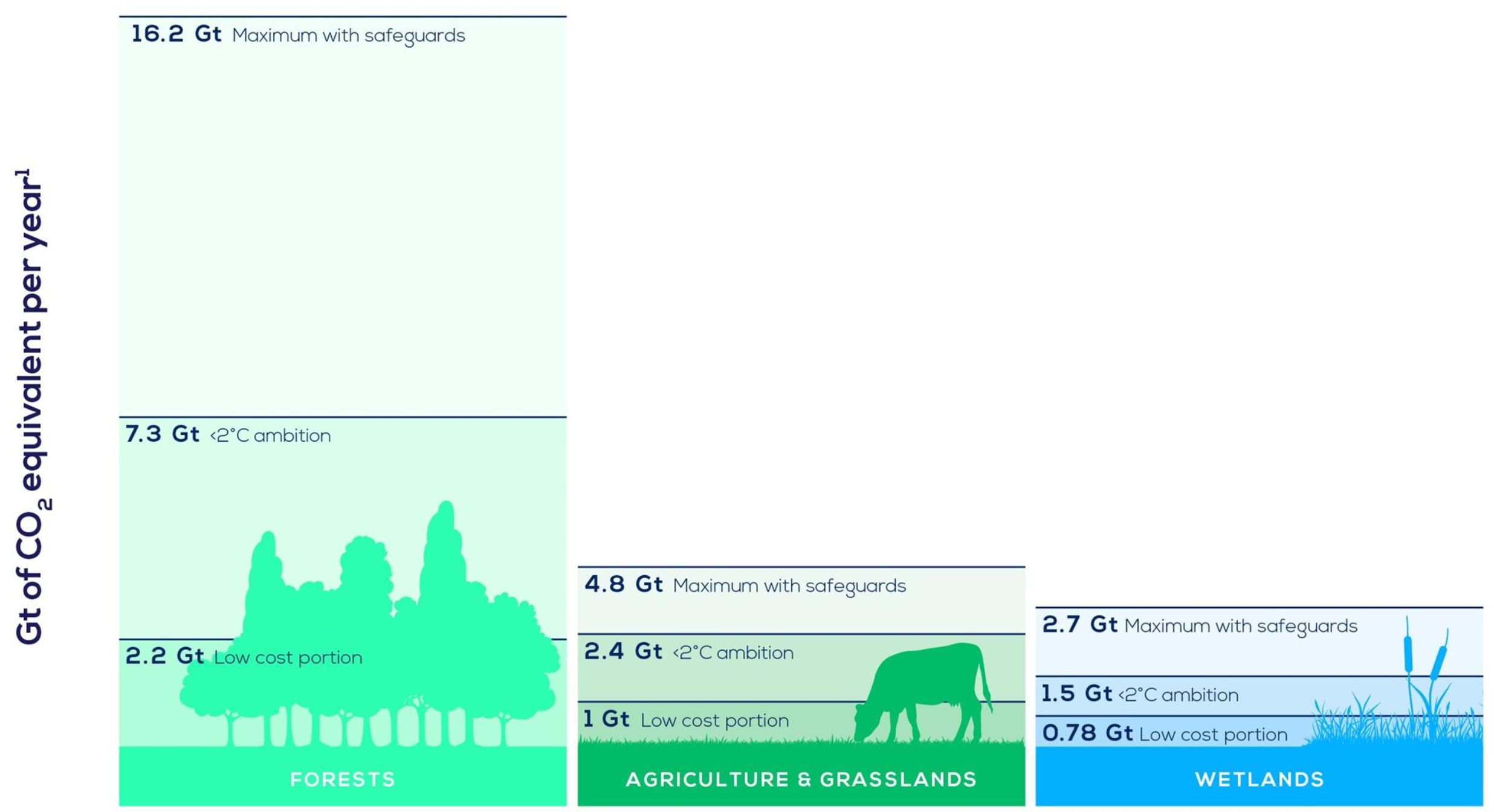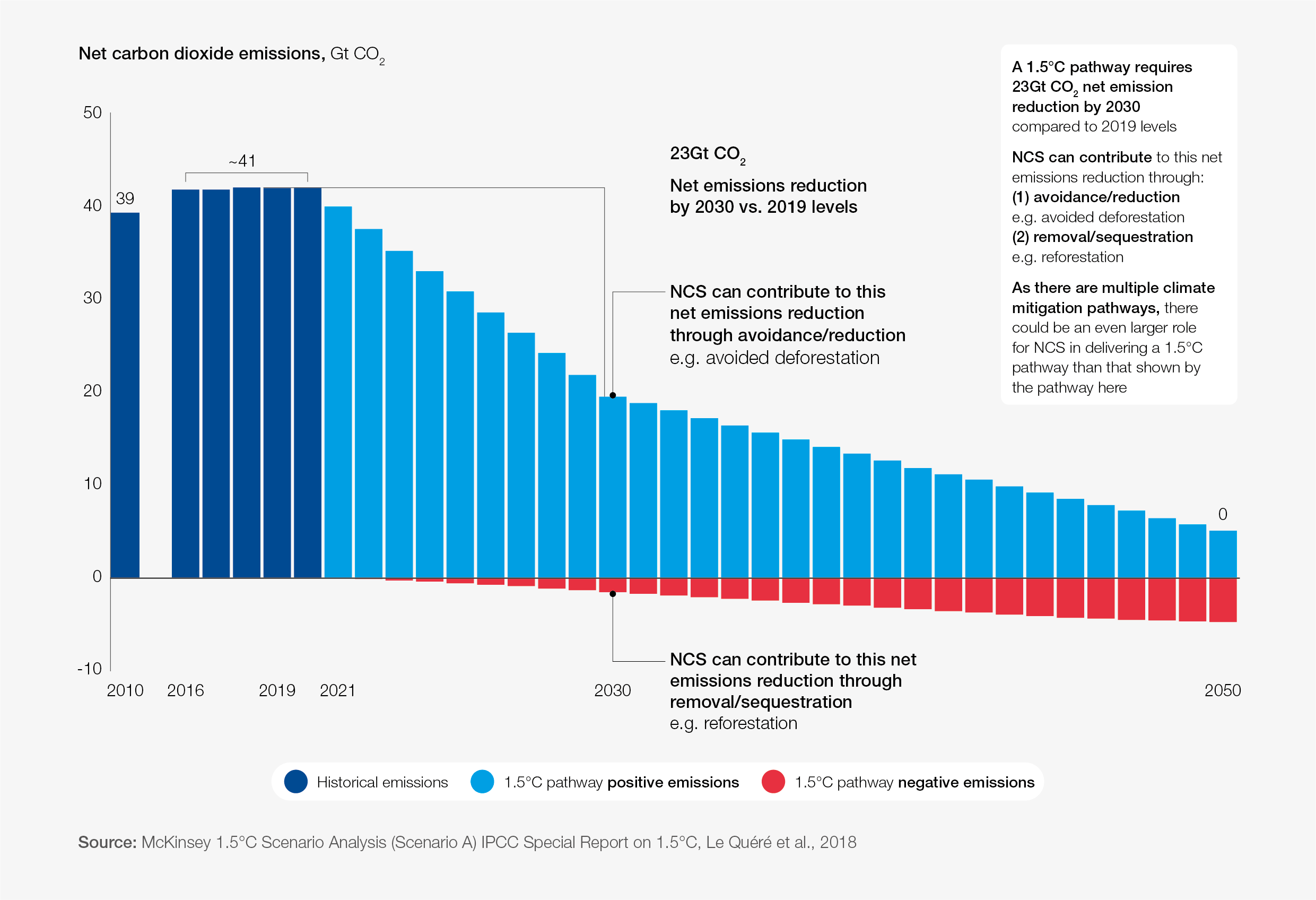EU rules, climate reporting and New York's natural gas ban: Everything to know about the environment this week

Rising consumption in China, India and the United States could bring global coal-fired power demand to a new all-time high this year.
Image: REUTERS/Mike Hutchings//File Photo
Stay up to date:
SDG 13: Climate Action
- This weekly round-up brings you some of the key environment stories from the past seven days.
- Top stories: New York votes to ban natural gas in new buildings; oil and gas reserves under threat from climate change; the $1.6 trillion labour cost of global warming at 3C and the EU proposes methane, gas and buildings regulations.
1. Environment stories from around the world
The New York City Council voted on Wednesday to ban the use of natural gas in new buildings, following in the footsteps of dozens of smaller US cities seeking to shift from fossil fuels to cleaner forms of energy. New buildings in the biggest US city with 8.8 million residents will have to use electricity for heat and cooking, according to the council vote that was streamed on its website.
Rising consumption in China, India and the United States could bring global coal-fired power demand to a new all-time high this year, undermining efforts to cut greenhouse gas emissions, the International Energy Agency (IEA) said on Friday. The IEA said global power generation from coal was expected to reach 10,350 terawatt-hours in 2021, up 9%, driven by a rapid economic recovery that has "pushed up electricity demand much faster than low-carbon supplies can keep up".
Denmark will allocate 16 billion Danish crowns ($2.43 billion) towards carbon capture and storage subsidies over the coming decade in a move to reach one of the world's most ambitious climate targets, its government said on Tuesday.
The Singapore Exchange (SGX) will start requiring companies to provide climate-related reporting as well as disclosures on board diversity from next year, the bourse said on Wednesday. All issuers must provide climate reporting on a "comply or explain" basis in their sustainability reports from the financial year starting 2022.
What is the World Economic Forum doing on natural climate solutions?
Insured losses from the swarm of tornadoes and severe convective storms that caused destruction in parts of the United States this month could amount to $5 billion, industry experts said on Tuesday.
China's Guangdong province, a major technology hub on the southeast coast, plans to move some of its big data centres to new sites undersea in a bid to cut energy use, according to a plan published on Tuesday. Data centres have emerged as one of the biggest industrial consumers of energy. Building them underwater will reduce the need for cooling technology, which can account for around a third of a facility's total electricity consumption.
Germany's new government passed a supplementary budget on Monday to supercharge its climate and transformation fund with a debt-financed injection of 60 billion euros ($68 billion) to allow more investments in the shift towards a green economy.
Argentina's weather outlook poses a "big challenge" for soybean and corn production, with lower-than-normal rainfall due to the La Niña climate pattern expected during the region's summer, the Buenos Aires grains exchange said. Argentina is the world's leading exporter of processed soybeans and the second-largest exporter of corn. Farmers are currently sowing soy and corn for the 2021/22 season.
A new global standard setter for company climate disclosures will be chaired by Emmanuel Faber, the former head of French yoghurt maker Danone and long-time advocate of sustainable business. G20 leaders at the COP26 UN climate change conference last month backed the creation of a new International Sustainability Standards Board, or ISSB, which plans to launch its first global "baseline" company climate disclosure standards in the second half of 2022.
Much of the world's reserves of oil and gas are under threat from rising tides, storms, floods and extreme temperatures caused by climate change, risk consultancy Verisk Maplecroft said on Thursday. Access to the equivalent of 600 billion barrels or 40% of the world's recoverable oil and gas reserves could be affected by the wild weather, with major producers Saudi Arabia, Iraq and Nigeria among the most vulnerable, the UK-based firm wrote in a research note.
Leading companies in the marine insurance industry have joined an initiative linking their underwriting activities with the cutting of carbon emissions from global shipping as pressure builds on the sector to go fully green. Companies signing up to the "Poseidon Principles" for marine insurance commit to assessing and disclosing the climate alignment of their hull and machinery portfolios and benchmarking them against International Maritime Organization targets.
The number of companies sharing climate data with CDP, the world's leading disclosure platform, jumped by nearly 40% over the last year as investors and policymakers pressured boards, data seen by Reuters showed.
2. Global warming of 3C could cost $1.6 trillion a year in lost labour
Global warming of 3 degrees Celsius could cost as much as $1.6 trillion each year in lost labour productivity as even the coolest hours of the day start posing major health risks to workers around the world, researchers said on Tuesday.
Those most threatened will be outdoor workers in already-hot countries where temperatures and humidity are rising fast, possibly threatening the economic lifeline of South Asian migrants seeking jobs in Gulf nations.
A study published in Nature Communications found that the global economy already loses up to $311 billion per year as workers struggle in hot, humid weather.
It warned that sum would grow more than five-fold if the planet gets 2C (3.6 degrees Fahrenheit) hotter than now, on top of the 1.1C of warming already seen since pre-industrial times.
3. EU proposes methane, natural gas and buildings regulations
European Union policymakers on Wednesday set out a second set of proposals to cut emissions across its economy this decade and to put it on track for net-zero greenhouse gas output by 2050.
In July, the 27-country bloc became the first of the world's major emitters to map out a detailed plan to meet its climate targets with legislative proposals including bigger carbon markets and a phase-out of combustion engine car sales.
The European Commission proposed a second, smaller set of regulations on Wednesday, which is focused on buildings, methane emissions and natural gas.
European Union countries would be required to renovate their least energy efficient buildings by the end of the decade to cut emissions and save fuel. Buildings account for roughly 40% of EU energy use, and most are heated by fossil fuels.
The proposed legislation included making oil and gas companies report their domestic methane emissions and fix leaks of the potent greenhouse gas, but companies abroad that supply most of Europe's fossil fuels will be largely untouched.
The rules would also allow EU countries to jointly buy strategic reserves of gas, under plans that would also bolster gas storage and aim to add more low-carbon gases to the network.
Don't miss any update on this topic
Create a free account and access your personalized content collection with our latest publications and analyses.
License and Republishing
World Economic Forum articles may be republished in accordance with the Creative Commons Attribution-NonCommercial-NoDerivatives 4.0 International Public License, and in accordance with our Terms of Use.
The views expressed in this article are those of the author alone and not the World Economic Forum.
Related topics:
Forum Stories newsletter
Bringing you weekly curated insights and analysis on the global issues that matter.
More on Climate ActionSee all
Christie Burley and Lindsey Prowse
May 20, 2025
Dipali Khandelwal and Hemlata Chauhan
May 19, 2025
Shyam Bishen and Lorna Friedman
May 19, 2025
Lee Poh Seng and Heng Wang
May 12, 2025








